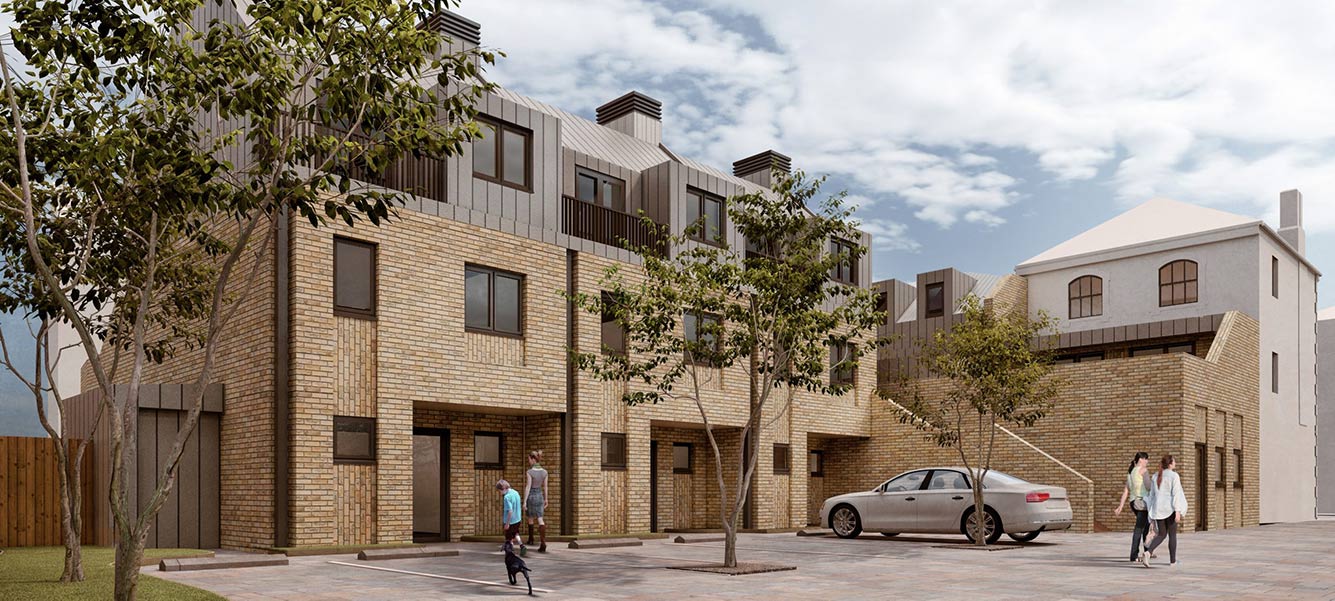“SLOWTRACKING” – NECESSARY REFORMS AND THE IMPACT OF COVID 19
Before the Coronovirus pandemic, meeting the 8 or 13 week timeframe for planning decisions was already prone to delay which is one of the reasons the Government is pushing for reform of our planning system. Due to re-allocation of some planning staff combined with home working the Covid crisis has caused further delays to many planning applications, such as our design for 5 dwellings and refurbished retail space in Faringdon Town Centre. Achieving consent in September 2020, the application took longer than 9 months to be determined having been submitted before Christmas 2019. This after several months of liaison with the local authority prior to submission.
Before the full context of the Planning White Paper emerged in late 2020, there were many calls to fast track planning where design proposals could be said to bring beauty and good design back to our built environment. This derelict former supermarket at the heart of Faringdon is by far the ugliest contribution to the skyline of this conservation area. Our proposal to redevelop with new high quality town houses was very well received by the public throughout the community consultation exercise. Could this project have benefitted from a fast track system for ‘building beautiful’? The government’s Building Better Building Beautiful commission report in January 2020 stated : Our aim is not to abolish the network of planning constraints, but to provide a fast track for beauty that will keep all the precious safeguards in place.
This project, like many others laboured its way through the planning system following extension after extension to the deadline. Notwithstanding the impact of Covid 19 on the resources of the local authority, there is an inertia built into the planning system as more and more upfront information is required before officers will make a decision. The consequences of this, in both time and money, dampens the viability of many projects which is even more pronounced when the local authority are faced with resourcing difficulties despite the best efforts of the individuals involved.
The inertia does not end at the point of consent however, as in this case permission has been granted with an extraordinary number of conditions. Many conditions are simply unnecessary in our opinion. Some are addressed already through information provided during the application process. So even with consent in hand, the onerous task of discharging conditions means that the ‘slow-tracking’ of applications continues well past the date of consent and further impacts viability.
The Government White Paper Planning for the Future proposes a radical shake up of the planning system but it is a considerable way off being debated in Parliament let alone being enacted in a new Town and Country Planning Act. What can be done in the short term before reforms are adopted to speed up the system? Our clients look to us for advice on the viability of developing sites and we are having to advise them of the risks of serious delay in decision making. Are our experiences in the south east paralleled nationally? We would love to hear your views.
Further details of the scheme at Marlborough street including more images are available here.
More information about the Building Better Building Beautiful commission is available here.




